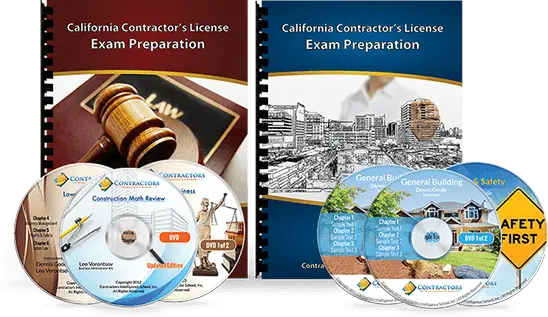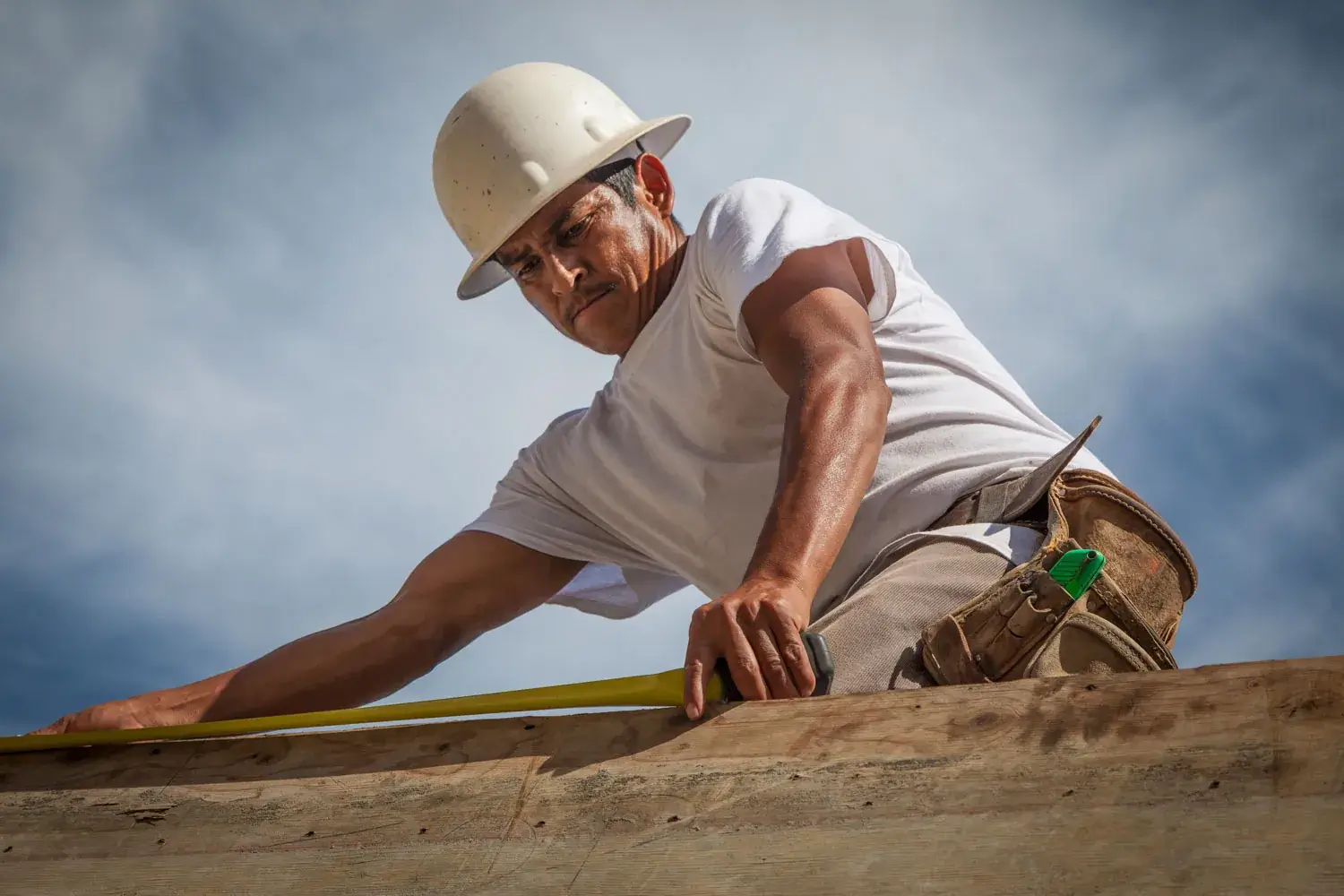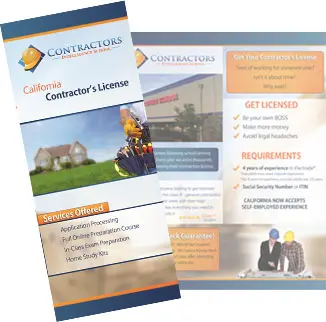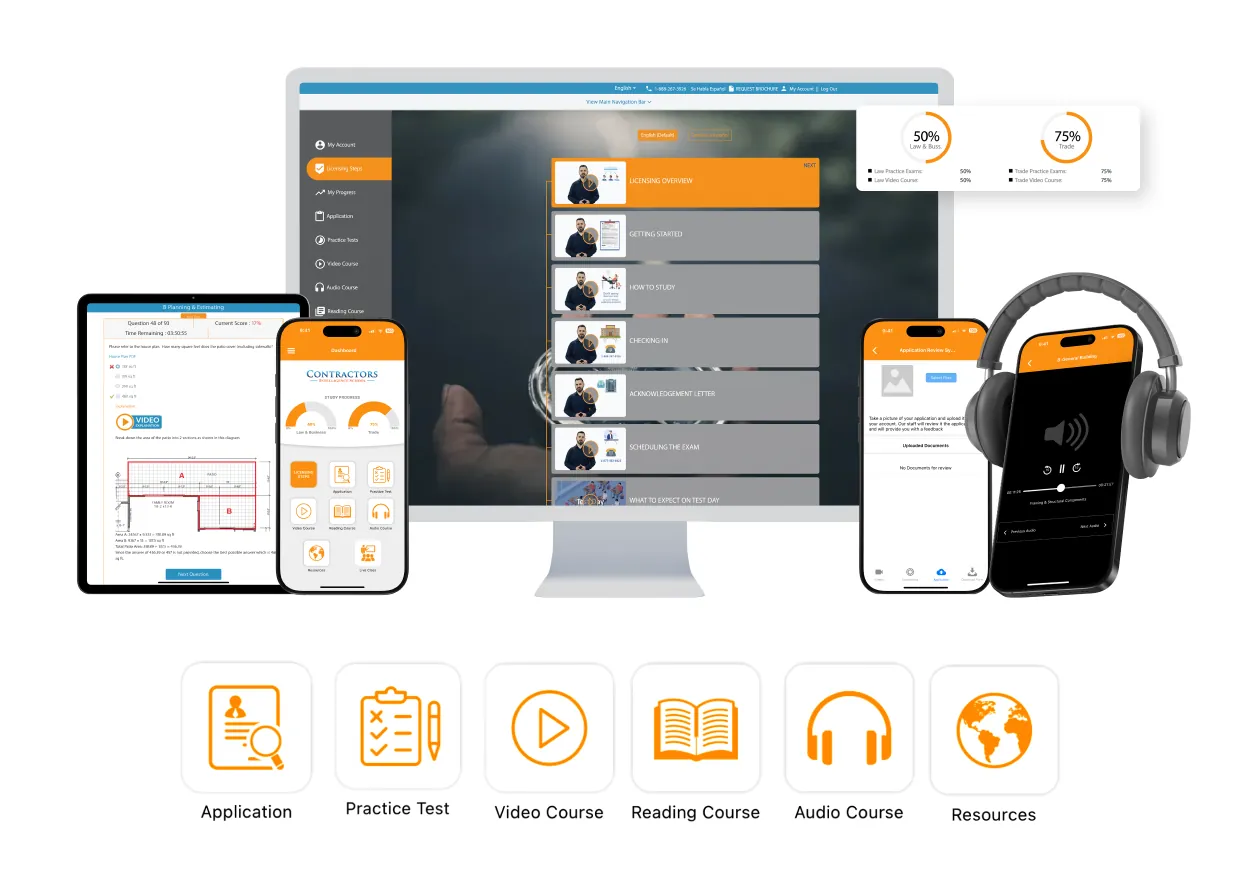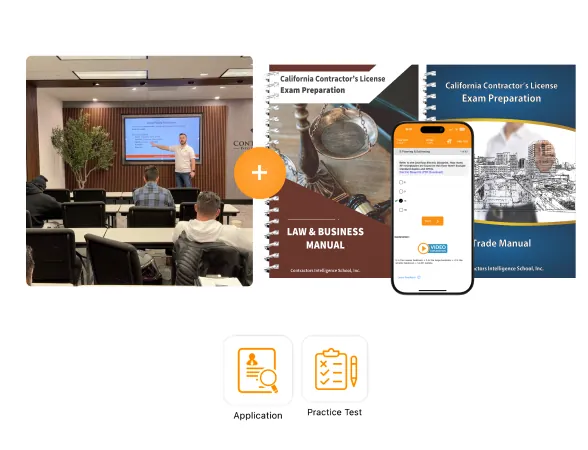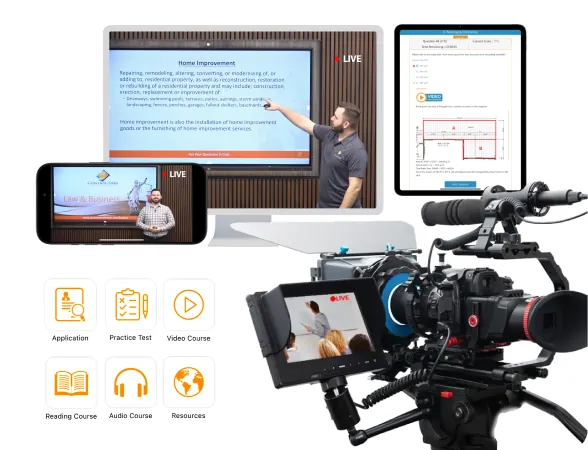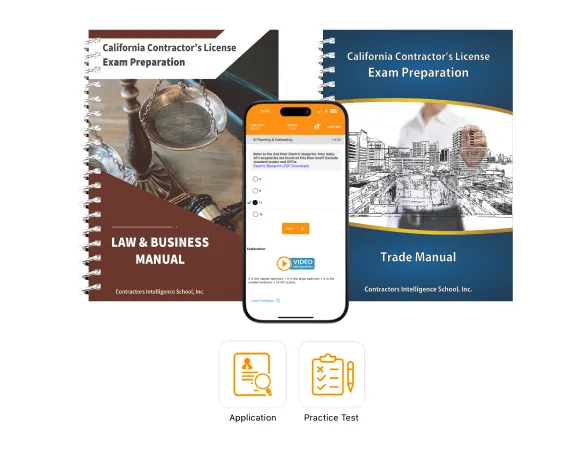A general building contractor license is issued by the Contractors State License Board (CSLB) in California. It’s a crucial credential for professionals looking to oversee and manage construction projects in residential and commercial settings.
Scope of Work
A general B contractor license authorizes professionals to handle construction, remodeling, and repair projects that embrace two or more unrelated trades or crafts, such as electrical, plumbing, and carpentry, for example.
A general building contractor serves as a coordinator and supervisor, managing every stage of the project from start to finish, including planning, scheduling, and hiring subcontractors for all major works. They ensure that all project elements come together smoothly and efficiently, ensuring everything is done in full compliance with California’s building standards and regulations.
Types of Projects You Can Legally Perform
As an owner of a general contractor license in California, you can handle the following projects:
- Residential construction and remodeling, including private family homes, duplexes, and apartment buildings.
- Commercial building projects covering offices, retail spaces, restaurants, and even small industrial areas.
- Renovations and additions, such as kitchen or bathroom remodels, room expansions, and garage or basement conversions.
- Full-scale multi-trade project coordination combining structural framing, roofing, cabinetry, drywall, flooring, and other trades in a single project.
However, general building contractors cannot handle a specialty trade alone unless it’s a part of a broader project. As such, this license is excellent for professionals who want to take on complete building projects rather than specialize in a single trade.
View Full Description
Business & Professions Code
Division 3, Chapter 9. Contractors, Article 4. Classifications
7057. (a) Except as provided in this section, a general building contractor is a contractor whose principal contracting business is in connection with any structure built, being built, or to be built, for the support, shelter, and enclosure of persons, animals, chattels, or movable property of any kind, requiring in its construction the use of at least two unrelated building trades or crafts, or to do or superintend the whole or any part thereof.
This does not include anyone who merely furnishes materials or supplies under Section 7045 without fabricating them into, or consuming them in the performance of the work of the general building contractor.
(b) A general building contractor may take a prime contract or a subcontract for a framing or carpentry project. However, a general building contractor shall not take a prime contract for any project involving trades other than framing or carpentry unless the prime contract requires at least two unrelated building trades or crafts other than framing or carpentry, or unless the general building contractor holds the appropriate license classification or subcontracts with an appropriately licensed specialty contractor to perform the work. A general building contractor shall not take a subcontract involving trades other than framing or carpentry, unless the subcontract requires at least two unrelated trades or crafts other than framing or carpentry, or unless the general building contractor holds the appropriate license classification. The general building contractor may not count framing or carpentry in calculating the two unrelated trades necessary in order for the general building contractor to be able to take a prime contract or subcontract for a project involving other trades.
(c) No general building contractor shall contract for any project that includes the "C-16" Fire Protection classification as provided for in Section 7026.12 or the "C-57" Well Drilling classification as provided for in Section 13750.5 of the Water Code, unless the general building contractor holds the specialty license, or subcontracts with the appropriately licensed specialty contractor.
(Amended by Stats. 1997, Chapter 812 (SB 857).)
General B License vs. Other Contractor Licenses






_xIX_i-ZRDyI.webp)


